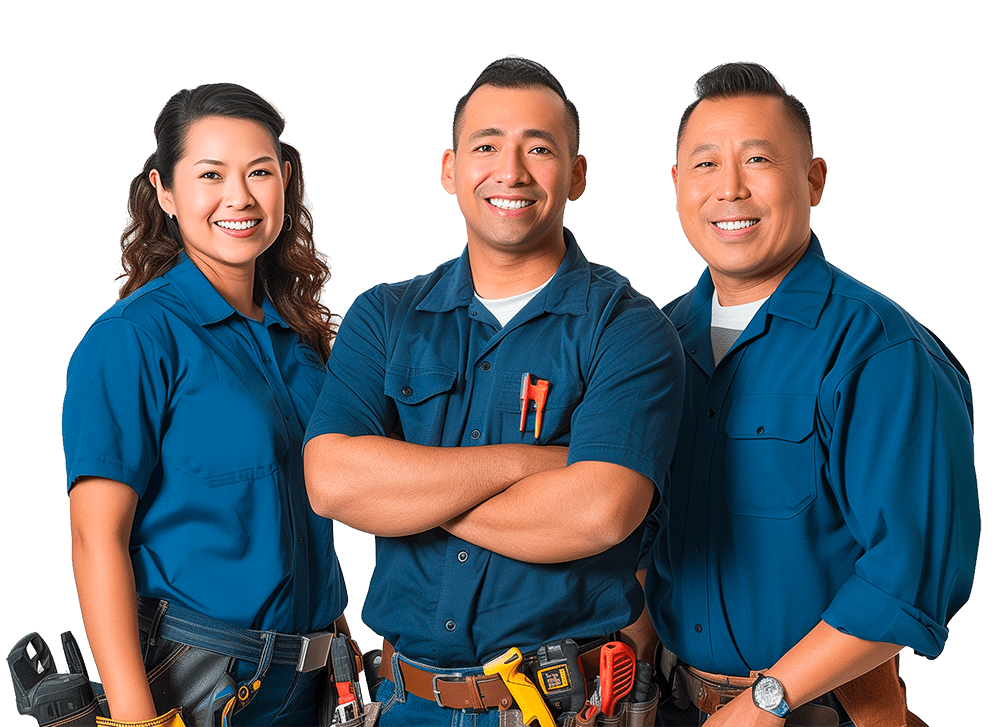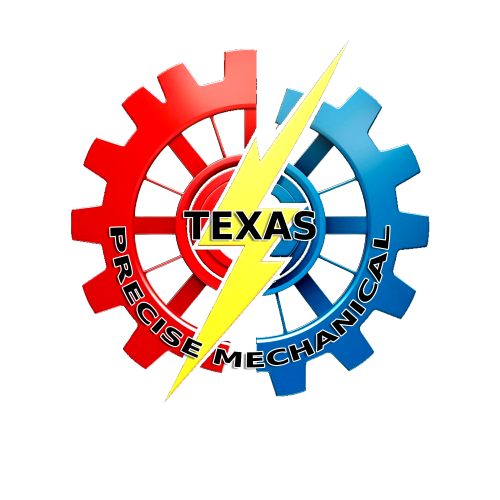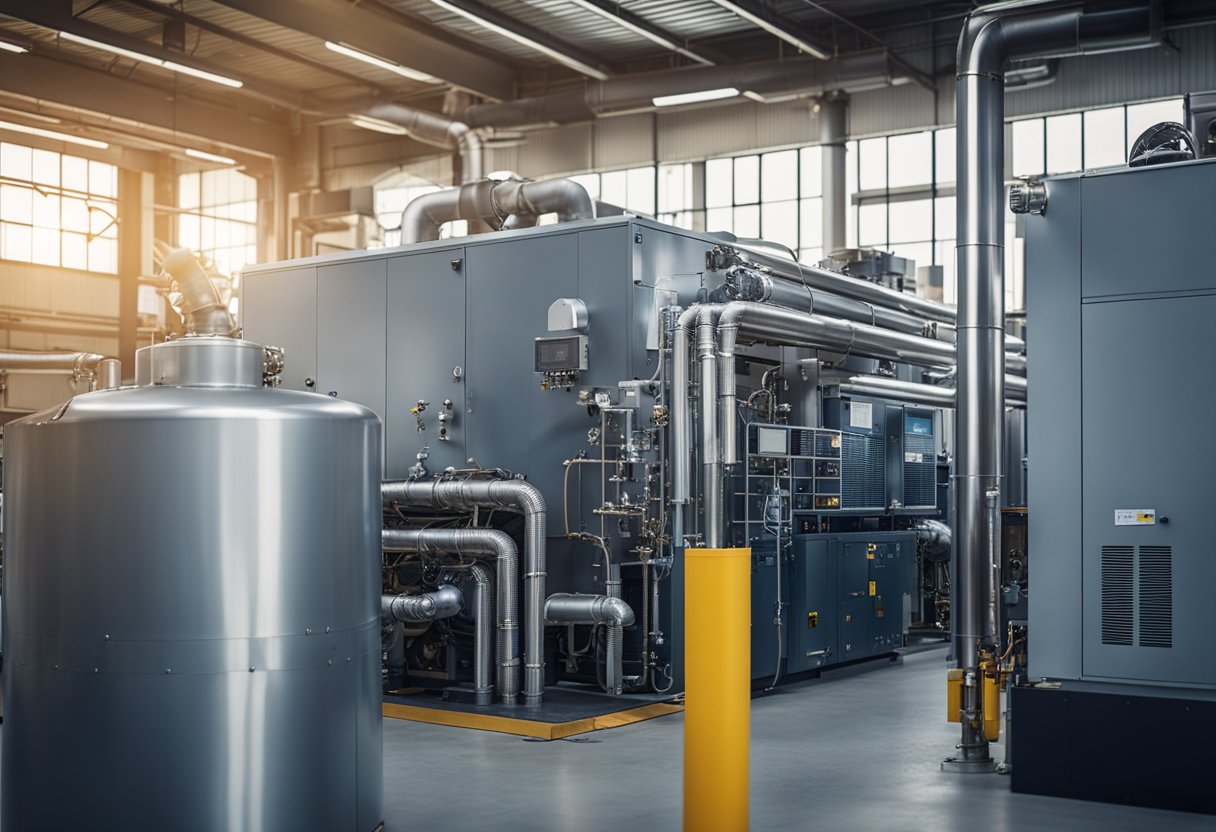Commercial HVAC Preventative Maintenance
Commercial HVAC preventative maintenance is a key practice to ensure heating and cooling systems stay efficient. Regular service and maintenance help keep these systems functioning at peak performance.
Benefits of Regular Maintenance:
- Cost Savings: Reduces unexpected repair costs.
- Energy Efficiency: Systems operate more efficiently, leading to lower energy bills.
- Equipment Life: Prolongs the life of HVAC equipment.
Common Maintenance Tasks:
- Filter Inspection: Ensure air filters are clean to maintain air quality and system efficiency.
- Cleaning Coils: Evaporation and condenser coils need regular cleaning to function correctly.
- Checking Refrigerant Levels: Proper levels are essential for effective cooling.
Services for Commercial HVAC :
- Proactive Maintenance Plans: Scheduled services prevent major issues and ensure consistent operation.
- Energy Efficiency Checks: Regular checks can help businesses save significantly on energy bills.
Efficiency and Uptime:
- Maintenance ensures HVAC systems run smoothly with minimal downtime.
- Regular checks and services help avoid performance dips that can affect indoor temperatures.
The U.S. Department of Energy suggests that adhering to maintenance and operation best practices can lead to significant savings on energy bills.
Maintenance Frequency:
- Monthly: Basic inspections and filter changes.
- Quarterly: Comprehensive checks including coil cleaning and refrigerant level checks.
- Annually: In-depth inspections and performance assessments.
Why Choose Preventative Maintenance:
- Proactive Approach: Addressing small issues before they become major problems.
- Energy Savings: Efficient systems consume less energy, reducing overall costs.
- Longevity: Extends the operational life of HVAC equipment.
By prioritizing commercial HVAC preventative maintenance, businesses can ensure a comfortable environment for employees and customers while optimizing operational costs.
Key Components and Service Intervals
Proper preventative maintenance of commercial HVAC systems involves regular inspections, cleaning, and adjustments. Key components such as air filters, electrical connections, and mechanical parts must be regularly serviced to ensure optimal performance and efficiency.
HVAC System Inspection and Cleaning
Routine inspection and cleaning of the HVAC system are vital. Evaporator and condenser coils should be inspected and cleaned to ensure proper heat transfer. Dirty coils reduce system efficiency and can lead to higher energy costs.
Drain lines should be checked and cleared to prevent water damage and mold growth. Blockages can cause water leaks, affecting indoor air quality.
The heat exchanger and burner assembly should be inspected for cracks and cleaned to ensure safe operation, reducing the risk of carbon monoxide leaks.
Airflow and Filter Maintenance
Air filters play a crucial role in maintaining air quality and system efficiency. Filters should be inspected monthly and replaced if dirty. Clean filters prevent dust and debris from accumulating in the system, which can reduce airflow and strain the components.
Proper airflow must be maintained to ensure the system operates efficiently. Ducts and ventilation systems should be checked for obstructions and leaks. Ensuring that air can circulate freely helps maintain consistent indoor temperatures and reduces energy consumption.
Electrical and Mechanical Components
Electrical connections should be inspected for signs of wear or corrosion. Loose or damaged connections can lead to system failures or even pose safety hazards. Regular checks of thermostats ensure accurate temperature control and efficient operation.
Mechanical components, including motors, bearings, belts, and pulleys, should be inspected and lubricated as needed. Worn-out belts and bearings can reduce system efficiency and lead to breakdowns.
Safety controls and ignition systems should be tested to ensure they function properly, as they are critical for the safe operation of the system. Proper maintenance of these parts helps prevent unexpected system failures and extends the lifespan of the HVAC system.
Ensuring Indoor Air Quality and Comfort
Maintaining indoor air quality is crucial for the health and comfort of employees and customers. Poor air quality can increase sick days and reduce productivity.
Regular HVAC maintenance helps keep the air clean by replacing filters and checking for contaminants. This reduces the spread of allergens and pollutants within the building.
Comfort is another key aspect. When HVAC systems run efficiently, they maintain consistent temperatures. This consistency is important in creating a pleasant environment for everyone in the space.
Regular inspections prevent performance dips. They ensure the system is not overworking and keeps energy usage efficient.
Benefits of Regular Maintenance:
- Improved air quality: Reduces allergens and pollutants.
- Consistent temperatures: Enhances comfort.
- Energy efficiency: Prevents the system from overworking.
- Fewer breakdowns: Regular checks reduce the risk of costly repairs.
Checklist for Maintaining Indoor Air Quality:
- Replace air filters.
- Check for leaks and blockages in ducts.
- Clean and inspect coils.
- Test the thermostat for accuracy.
Heating, ventilation, and air conditioning (HVAC) systems need regular care to perform their best. This care supports both comfort and air quality, which are essential for a productive and healthy workplace.
Handling Emergency Repairs
Emergency repairs are sometimes unavoidable, even with the best preventative maintenance plans. Quick and effective response is key to minimizing disruption.
When a breakdown occurs, it’s important to have a reliable HVAC contractor on call. They should provide 24/7 support and have the expertise to handle various HVAC system issues.
Key steps in handling HVAC emergency repairs:
- Identify the Problem: Quickly determine whether the issue is with heating, cooling, or ventilation.
- Call a Professional: Contact a pre-selected HVAC service provider who offers emergency services.
- Shut Down the System: If possible, turn off the affected part of the HVAC system to prevent further damage.
- Follow Safety Protocols: Ensure the safety of all occupants by following any necessary safety measures, such as evacuating the area if there is a risk.
Benefits of a prompt response:
- Reduced downtime for your business
- Minimized repair costs due to early intervention
- Ensured comfort and safety for employees and customers
Emergency supplies to keep on hand:
- Spare filters
- Basic tools (screwdrivers, pliers)
- Contact information for HVAC service providers
Preventative measures that aid in emergencies:
Regular maintenance helps in early detection of potential issues. This proactive approach, combined with a ready plan for emergencies, ensures that any unexpected breakdowns are handled efficiently and swiftly.
[trustindex no-registration=google]
How can we help you today?
Our team is standing by and ready to help.
Text To Request Service Schedule Today: (281) 898-3773

